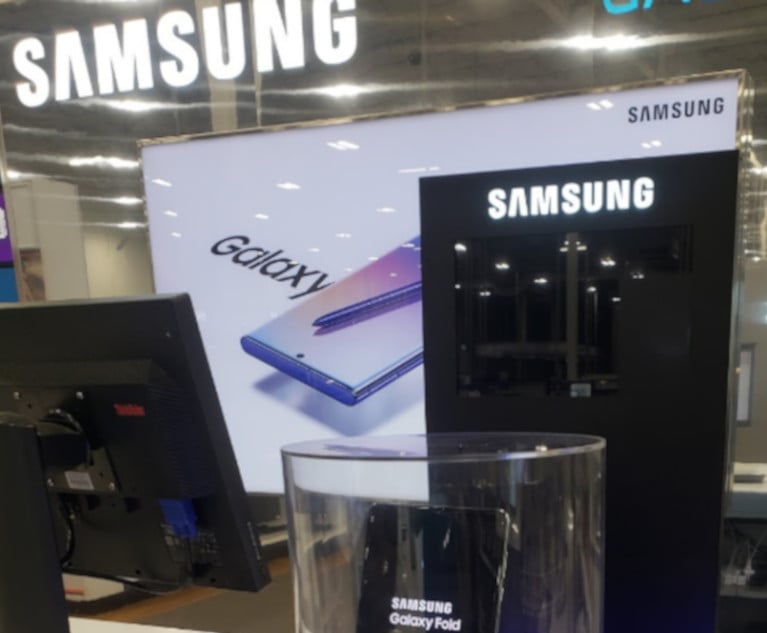 Businesses seek opinions of counsel in the Intellectual Property area for various reasons, such as trademark clearance or for guidance on patent threats. However, businesses and their in-house counsel should be careful not just to obtain the opinion, but also to ensure that the appropriate business decision-maker reviews, understands and relies on the opinion when making the relevant business decision to start or continue with the activity in question. Too often an opinion is provided but not clearly relied upon by the business decision-maker, allowing challenges to the relevance of the opinion should it later be relied upon in litigation to defend against, for instance, a charge of willful infringement. Furthermore, counsel must be careful to appropriately protect privileges when sharing the opinion with the business decision-maker.
Businesses seek opinions of counsel in the Intellectual Property area for various reasons, such as trademark clearance or for guidance on patent threats. However, businesses and their in-house counsel should be careful not just to obtain the opinion, but also to ensure that the appropriate business decision-maker reviews, understands and relies on the opinion when making the relevant business decision to start or continue with the activity in question. Too often an opinion is provided but not clearly relied upon by the business decision-maker, allowing challenges to the relevance of the opinion should it later be relied upon in litigation to defend against, for instance, a charge of willful infringement. Furthermore, counsel must be careful to appropriately protect privileges when sharing the opinion with the business decision-maker.
Taking patent infringement as an example, the U.S. Supreme Court’s 2016 decision in Halo Electronics v. Pulse Electronics placed renewed emphasis on the use of opinions of counsel in patent cases. In short, Halo overruled the then-governing standard for finding willful infringement, a standard that included both objective and subjective requirements. Under the objective requirement, accused infringers could defeat willful infringement allegations by presenting good faith defenses at trial, even if they did not know of or rely upon those defenses at the time of the alleged infringement. Halo abolished the objective requirement, instead placing the focus on the accused infringer’s subjective state of mind at the time of the alleged infringement. And one way an accused infringer can establish a subjective belief that it does not infringe a patent is by obtaining a competent opinion of counsel and relying on it.






